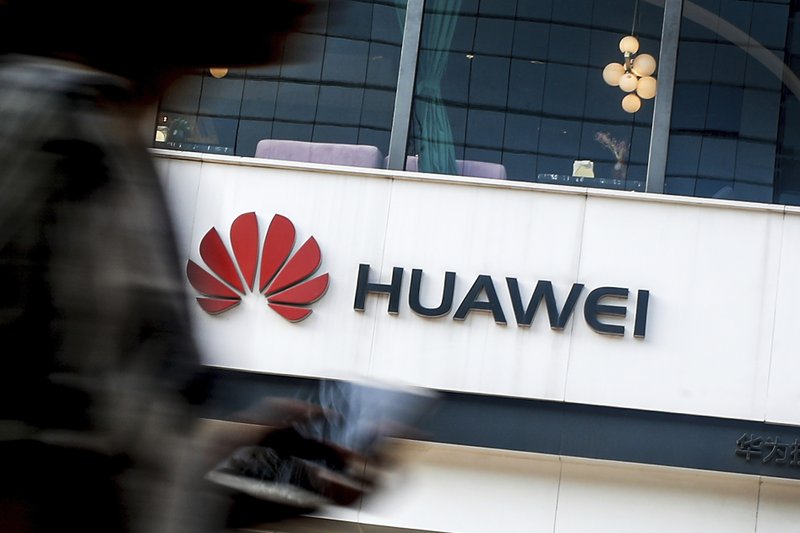The U.S. is extending for another 90 days a limited set of exemptions that lets some American companies continue doing business with Huawei Technologies Co.
"The temporary general license extension will allow carriers to continue to service customers in some of the most remote areas of the United States who would otherwise be left in the dark," Secretary of Commerce Wilbur Ross said in a statement Monday. "The department will continue to rigorously monitor sensitive technology exports to ensure that our innovations are not harnessed by those who would threaten our national security."
The U.S. government blacklisted the Chinese tech company in May, deeming it a national security risk.
The limited reprieve renewed Monday applies to technology sales and transfers necessary for existing networks and services to continue to operate. It was not unexpected and represents the second such extension.
Ross said the extension will allow wireless companies to keep offering service in remote parts of the U.S. Larger U.S. wireless companies do not use equipment from Huawei, while smaller, rural carriers do.
Despite sanctions, numerous loopholes have been exploited. U.S. companies, for example, continue to supply Huawei with chips made outside the United States. Nor do the sanctions bar U.S. telecoms from buying Huawei equipment -- though the Federal Communications Commission is moving toward banning federal subsidies for such purchases.
President Donald Trump has sent mixed signals on Huawei, enmeshing it in the trade war between Washington and Beijing and showing a willingness to use the sanctions as a bargaining chip.
Senate Democratic Leader Chuck Schumer decried that strategy.
"If President Trump and his Commerce Department agree that Huawei is a national security threat, they should start acting like it," he said in a statement. "Every day President Trump is soft on Huawei, the Chinese Communist Party takes that as a signal that they can continue hurting American jobs and threatening our national security without any repercussions."
Earlier this month, Ross told Bloomberg that his agency had received 260 requests for licenses from U.S. companies to be exempt from the so-called "entity list" sanctions. Ross said "quite a few" would soon be granted. Such an exemption would not dependent on 90-day renewals.
Huawei is the biggest global maker of network gear for phone and internet companies and the No. 2 smartphone brand. The company denies U.S. accusations that it is a security risk and might facilitate Chinese spying. Indeed, U.S. officials have not provided any evidence that Huawei has knowingly assisted Beijing in its cyberespionage operations.
The sanctions' biggest impact may be on Google's Android mobile operating system, which Huawei can no longer use in its smartphones.
Huawei has developed its own operating system as a replacement.
Information for this article was contributed by Margaret Collins of Bloomberg News.
Business on 11/19/2019
